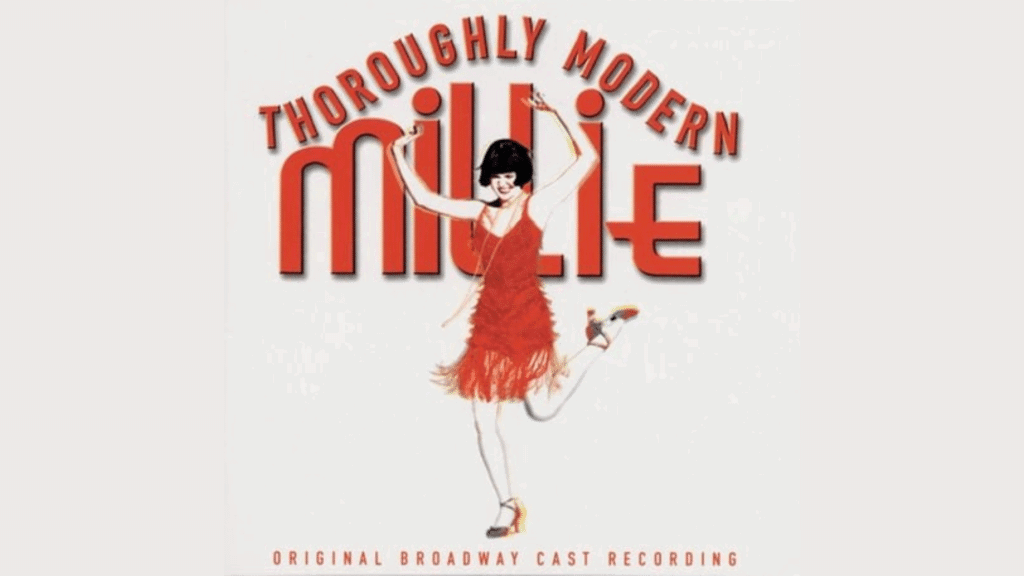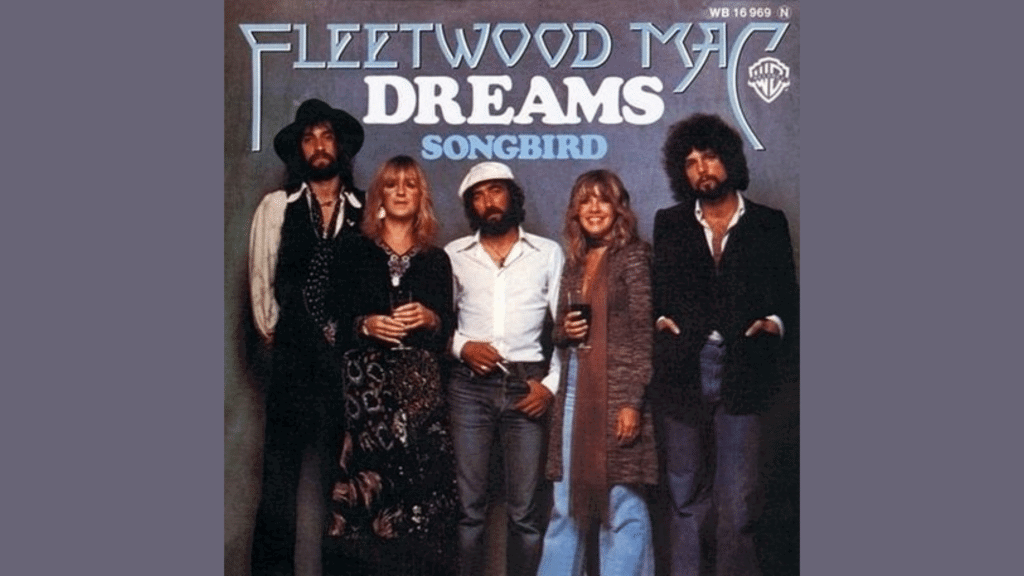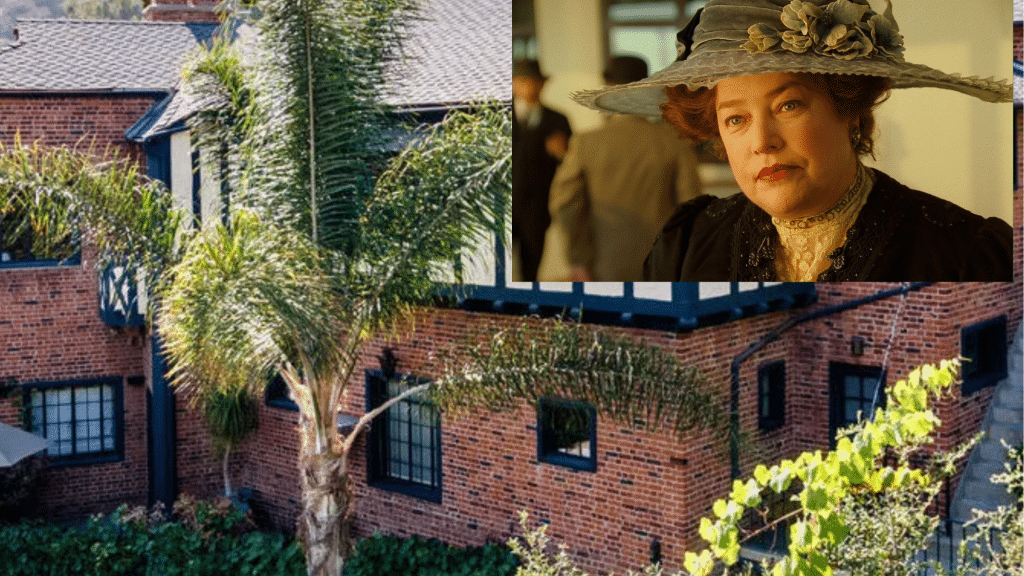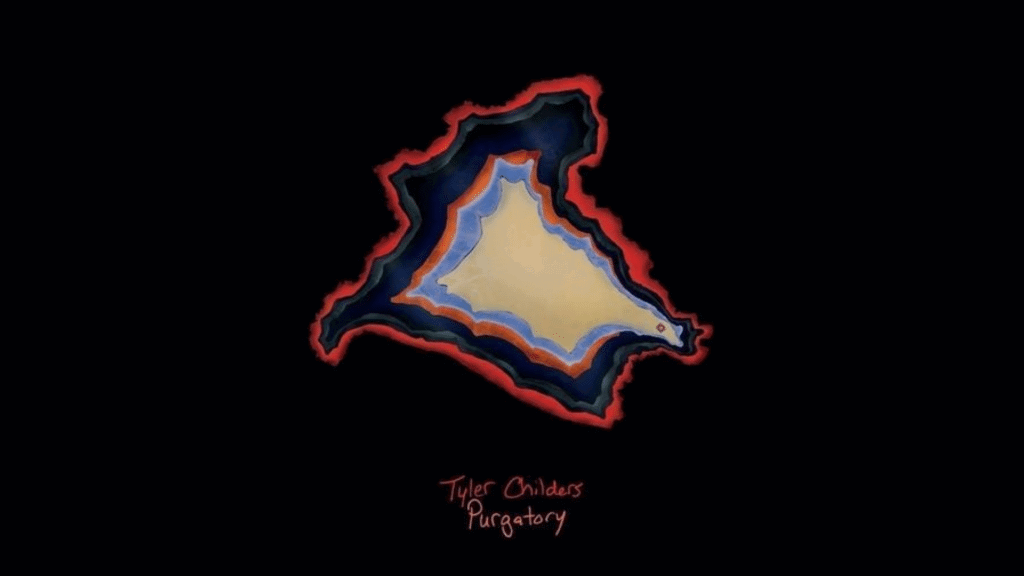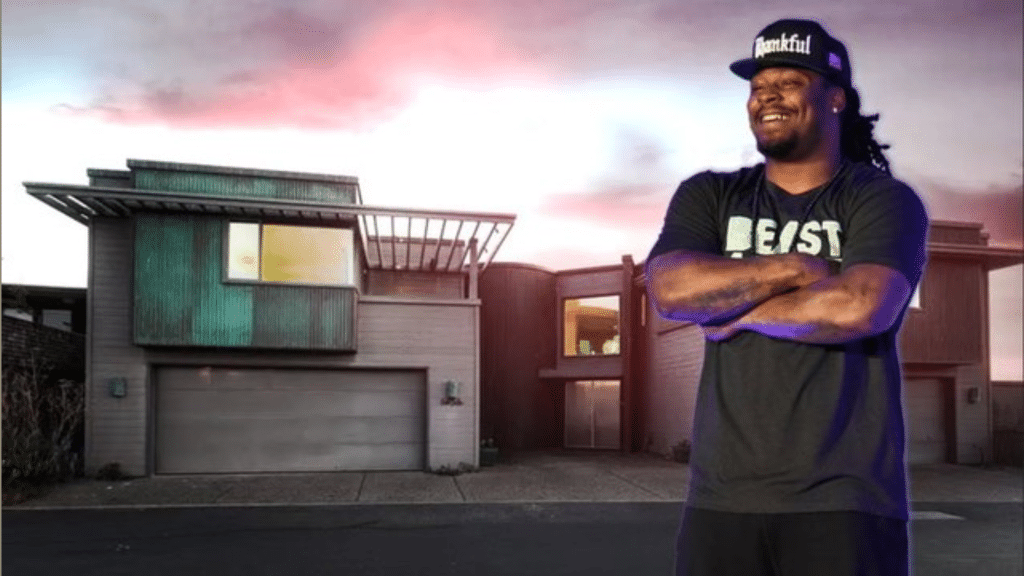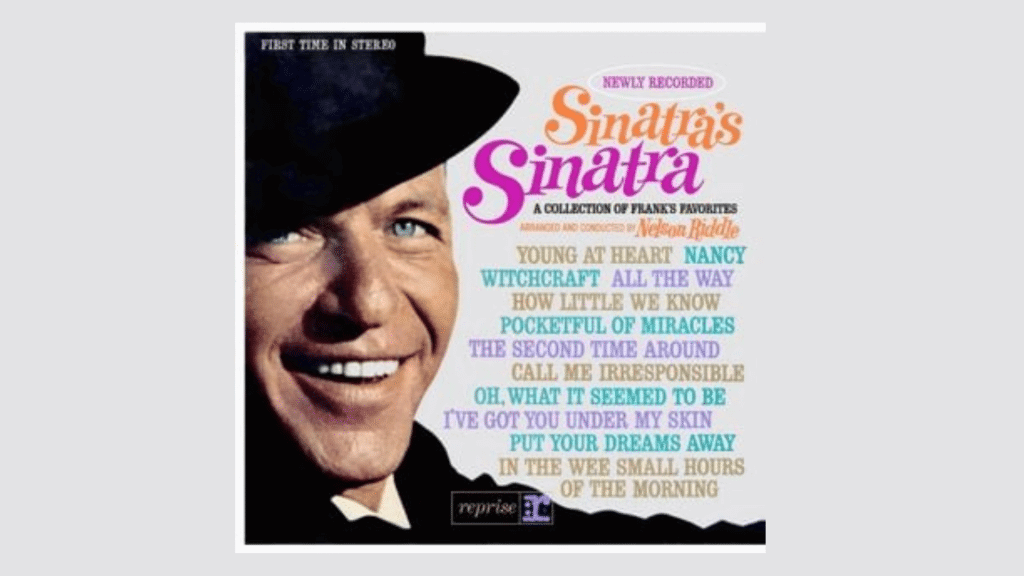As the lead vocalist of the successful ’80s rock band Vixen, Janet Gardner’s powerful voice and stage presence helped define an era of music.
However, there’s much more to her story beyond the hit singles and MTV videos.
In this deep dive, we’ll explore Gardner’s fascinating journey from small-town beginnings to rock stardom, her challenges and triumphs, and her lasting impact on the music industry.
As we delve into the life of this remarkable frontwoman before, during, and after her time with Vixen, you’ll gain a newfound appreciation for her talent and resilience.
Join us as we uncover Janet Gardner’s untold story and celebrate the indelible mark she left on the world of rock music.
Janet Gardner’s Early Life and Musical Influences
Janet Gardner was born on March 17, 1962, in Juneau, Alaska, to a family with a strong musical background.
Her mother was a talented piano player and church organist, which exposed Janet to music from a young age.
Growing up with four brothers, she found solace in singing school choirs and learning to play the piano and guitar.
These formative experiences laid the foundation for her future career as a rock vocalist.
Joining Vixen

In 1983, Gardner joined the early lineup of Vixen, an all-female rock band that would make waves in the male-dominated world of ’80s metal.
The band started as a quintet, playing pop rock. It appeared in the movie Hardbodies under the name Diaper Rash.
Seeking greater opportunities, Vixen moved to Los Angeles in 1985 to pursue their dreams, facing numerous challenges.
As the band navigated the competitive L.A. music scene, they underwent several lineup changes before solidifying the classic roster consisting of Janet Gardner (lead vocals, rhythm guitar), Jan Kuehnemund (lead guitar), Share Ross (bass), and Roxy Petrucci (drums).
With determination and raw talent, Vixen caught the attention of EMI Records, signing a deal that would catapult them to international recognition.
Gardner’s powerhouse vocals and the band’s undeniable chemistry set the stage for their meteoric rise to fame in the late ’80s.
Vixen’s Heyday: Mainstream Success and Critical Acclaim
Vixen’s self-titled debut album, released in 1988, marked a turning point in their career.
The lead single, “Edge of a Broken Heart,” co-written and produced by Richard Marx, became an instant hit, propelling the band into the spotlight.
The album reached #41 on the Billboard 200 charts, cementing Vixen’s status as a force to be reckoned with.
Their follow-up album, “Rev It Up,” released in 1990, continued their success with popular singles like “How Much Love” and “Love Is a Killer.”
Vixen’s success allowed them to tour alongside legendary acts such as Ozzy Osbourne, Scorpions, and Bon Jovi, exposing them to massive audiences worldwide.
Their high-energy performances and undeniable stage presence made them stand out, garnering critical acclaim and a dedicated fan base.
The band also made numerous television appearances, including performances on popular shows like “The Late Show” and “American Bandstand,” further expanding their reach and popularity.
Internal Dynamics and Challenges
Despite their rapid rise to fame, Vixen faced internal challenges that eventually led to their disbandment.
The creative process within the band was intense, with each member striving to contribute their unique talents and ideas.
While this collaboration yielded incredible results, it led to occasional conflicts and disagreements.
The pressure of constant touring, media scrutiny, and personal differences affected the band’s interpersonal relationships.
Tensions broke in 1991 when the band members decided to pursue individual projects. Janet Gardner, in particular, felt the need to explore new artistic avenues and grow as a musician.
The strain on their personal and professional lives, combined with changing musical trends and industry pressures, ultimately led to Vixen’s disbandment in 1992.
Although their time together was short-lived, Vixen’s impact on the rock music scene and their enduring legacy cannot be overstated.
Janet Gardner’s Solo Ventures and Personal Growth
Career post-Vixen

After Vixen’s disbandment, Janet Gardner took a hiatus from the music industry to focus on personal growth and exploration.
However, her passion for music never wavered, and she eventually embarked on a solo career.
In 2017, Gardner released her self-titled debut solo album, collaborating with her husband, Justin James, on the production and songwriting.
The album showcased her versatility as an artist, with Gardner delivering powerful vocals and playing bass and drums on various tracks.
Gardner’s solo work allowed her to experiment with different musical styles and express her creativity in new ways.
She released her second solo album, “Your Place in the Sun,” in 2019, further establishing herself as a formidable force in the rock music scene.
Gardner has collaborated with numerous talented musicians throughout her solo career, proving that her musical prowess extends beyond her time with Vixen.
Personal Life Developments
In the years following Vixen’s breakup, Janet Gardner focused on personal growth and pursued education in a field unrelated to music.
She attended the University of Bridgeport and earned a degree in dental hygiene, showcasing her determination to expand her knowledge and skills beyond the stage.
Gardner worked as a dental hygienist for several years, finding fulfillment in helping others while maintaining a connection to her artistic roots.
Gardner’s personal life also flourished during this time. She married Justin James, a fellow musician, and they have built a strong partnership both on and off stage.
Gardner is a proud mother to her son from a previous marriage and a stepmother to James’s two children.
Balancing family life with her musical pursuits, Gardner has found harmony and purpose in her personal and professional endeavors.
Her journey inspires those seeking to embrace change and pursue their passions while nurturing meaningful relationships.
Gardner’s Reunions and Later Years
Reunions with Vixen
Despite the challenges that led to Vixen’s initial breakup, the band’s legacy and the enduring bond between its members kept the possibility of a reunion alive.
In 2004, VH1’s “Bands Reunited” brought the classic Vixen lineup together for a one-night-only performance, reigniting the spark that had originally brought them success.
This reunion marked a turning point for Janet Gardner and her bandmates, setting the stage for future collaborations.
In 2012, Gardner joined forces with Share Ross and Roxy Petrucci to form JanetShareRoxyGina (JSRG), a new project that paid homage to their Vixen roots while exploring fresh musical territory.
Following Jan Kuehnemund’s passing in 2013, the band performed under the Vixen name as a tribute to their late bandmate.
Gardner’s powerful vocals and stage presence continued to captivate audiences during these reunions, solidifying Vixen’s place in rock history.
Legacy and Influence
Janet Gardner’s contributions to the rock genre extend far beyond her time with Vixen.
As one of the few prominent female vocalists in the male-dominated world of ’80s metal, Gardner helped pave the way for future generations of women in music.
Her dynamic voice and her skill as a musician and songwriter set a new standard for what women in rock could achieve.
Gardner’s influence can be seen in the countless female musicians who have followed in her footsteps, citing her as an inspiration and role model.
Her success with Vixen and as a solo artist has helped to break down barriers and challenge stereotypes within the music industry.
Today, Gardner’s legacy inspires aspiring musicians and fans alike, serving as a testament to the enduring power of talent, perseverance, and the ability to adapt in the face of adversity.
Conclusion
Janet Gardner’s remarkable journey from small-town Alaska to the heights of rock stardom with Vixen is a testament to her incredible talent, perseverance, and adaptability.
Her powerful vocals and undeniable stage presence helped define an era of music, breaking down barriers for women in the male-dominated world of ’80s metal.
Gardner has continued inspiring and influencing countless musicians and fans through reunions and solo ventures.
As we reflect on her lasting impact on the music industry, it’s clear that Janet Gardner’s legacy extends far beyond her time with Vixen.
Her story reminds us that with passion, dedication, and the courage to embrace change, we can all achieve greatness and leave an indelible mark on the world. So, what will your legacy be?




